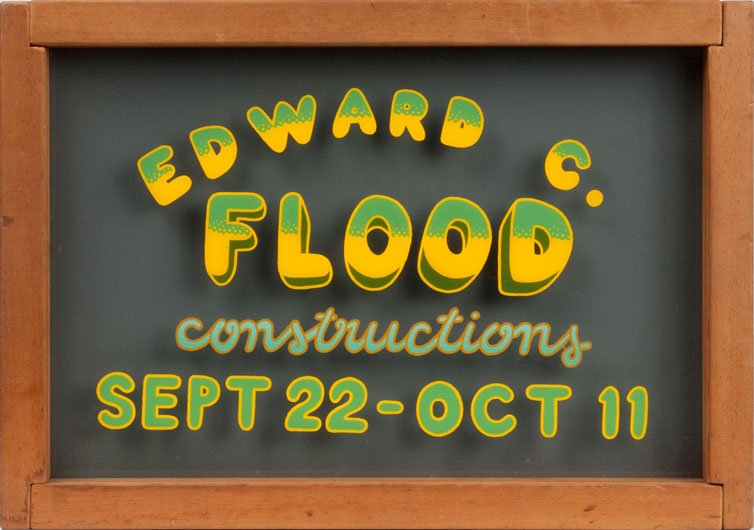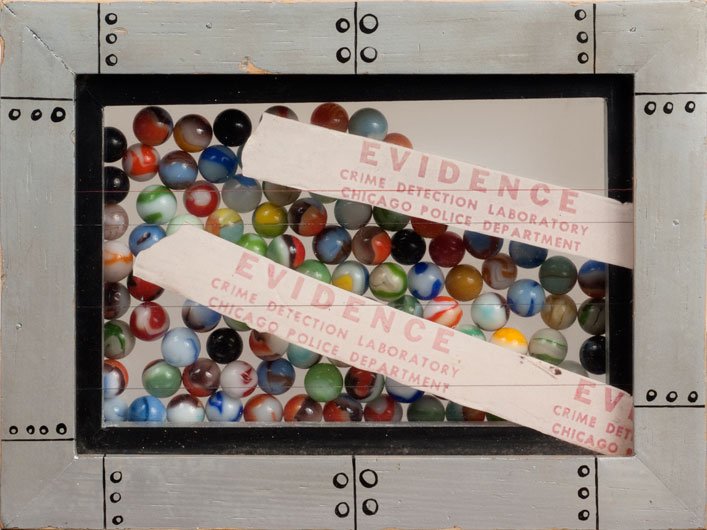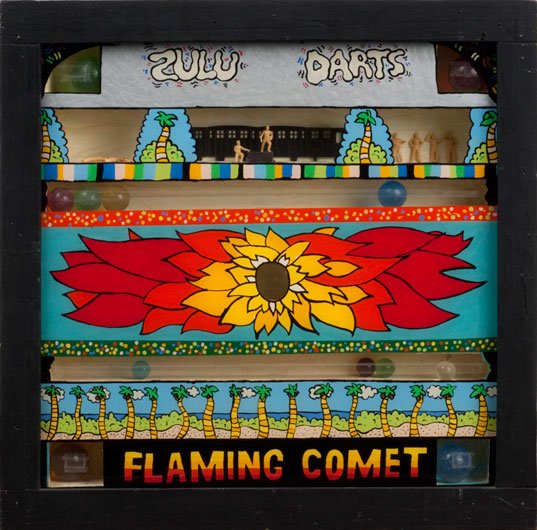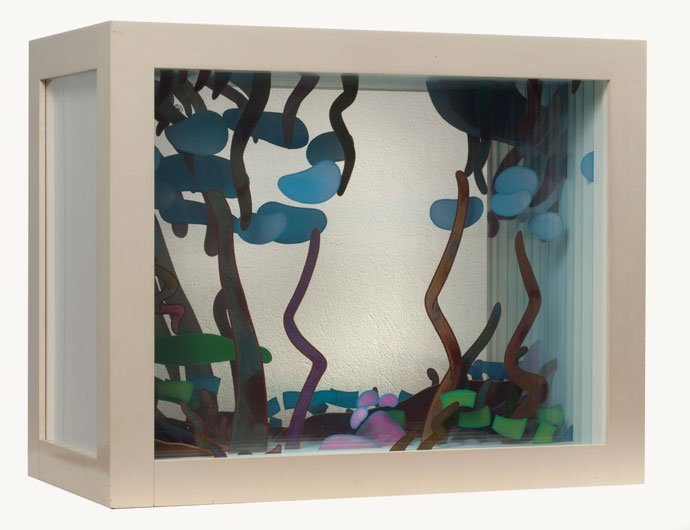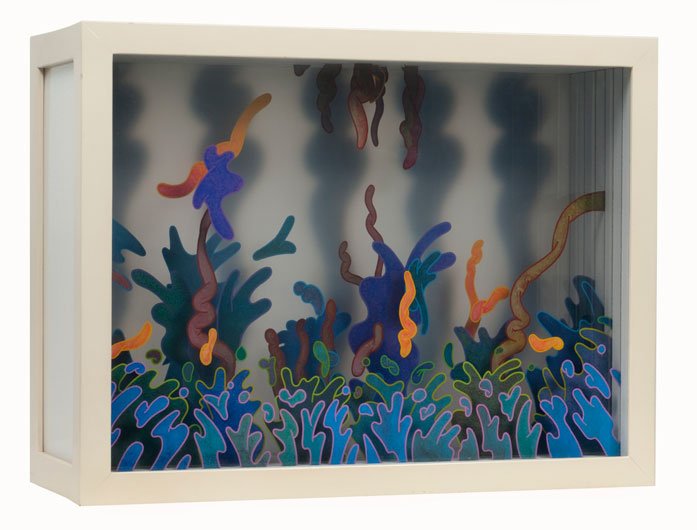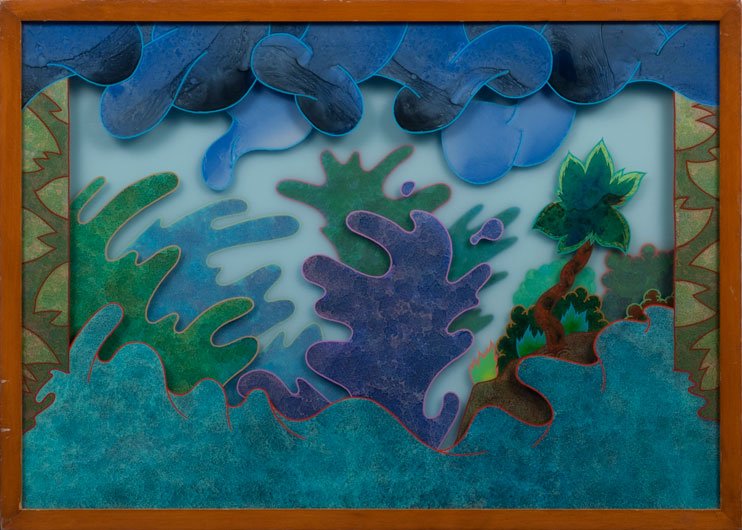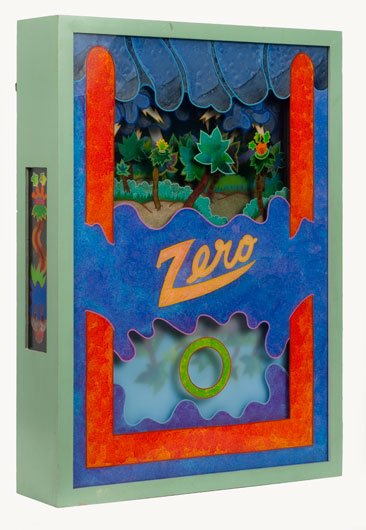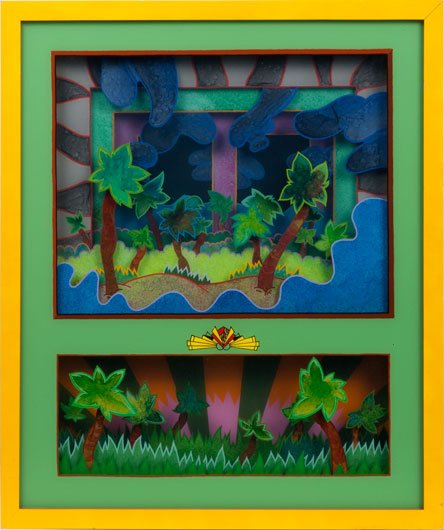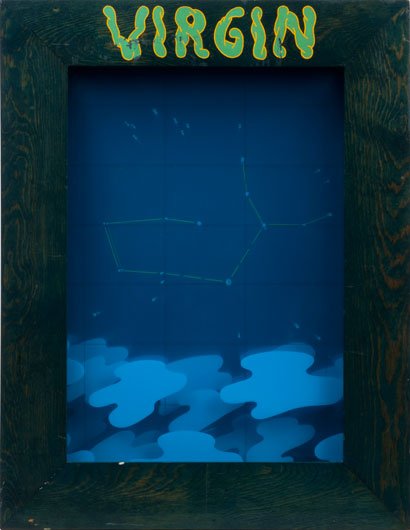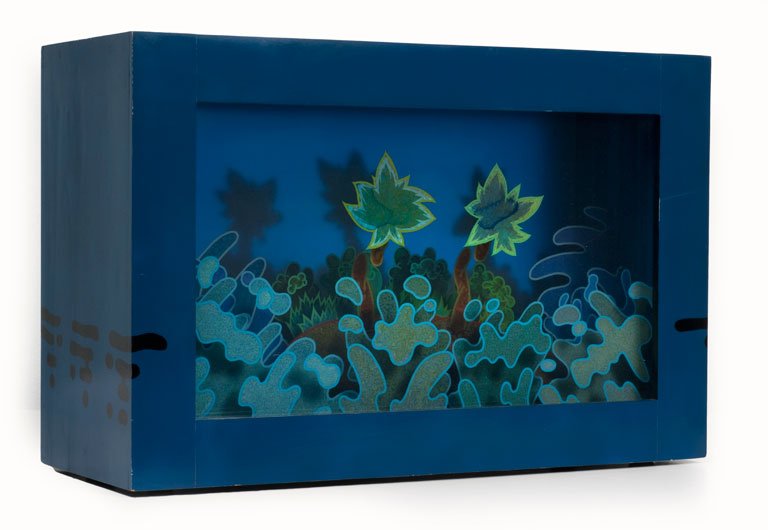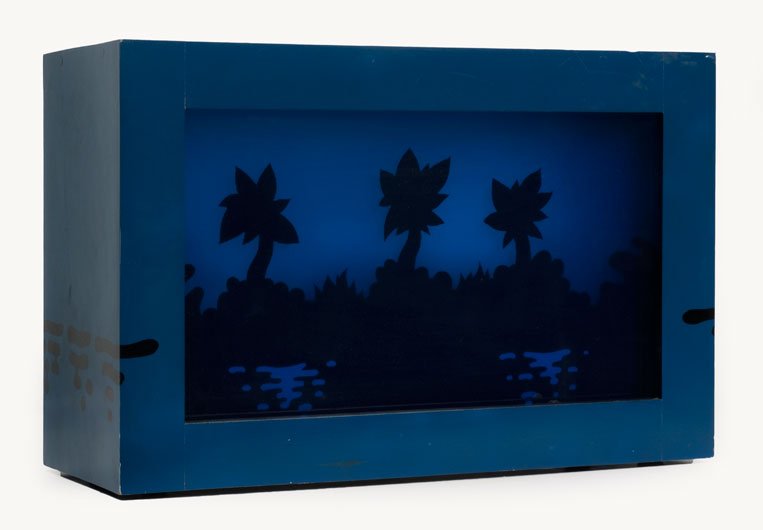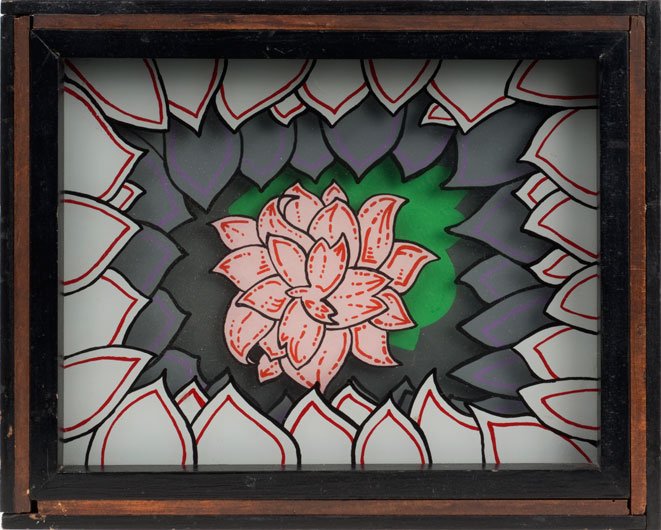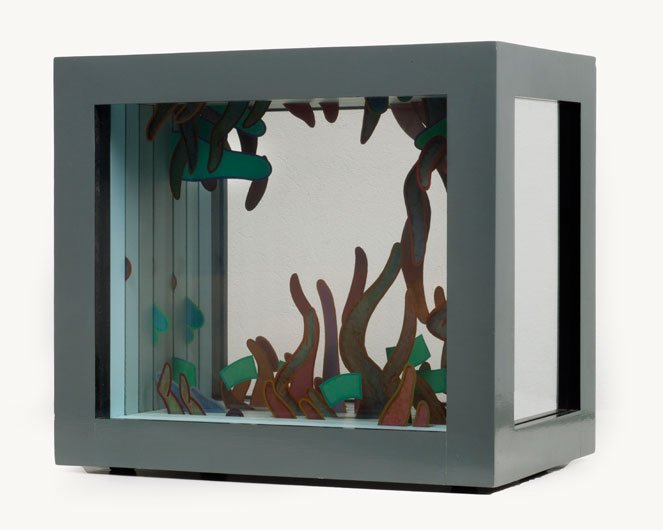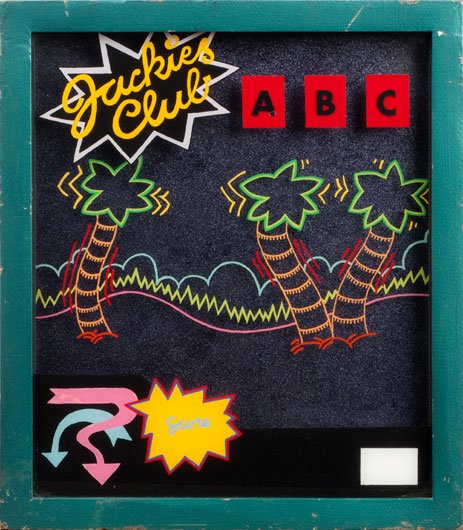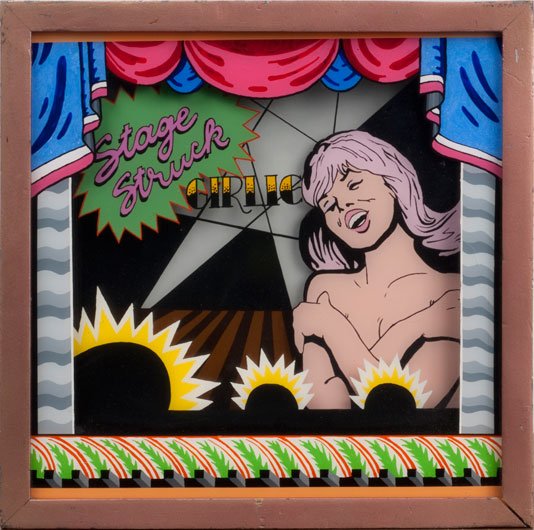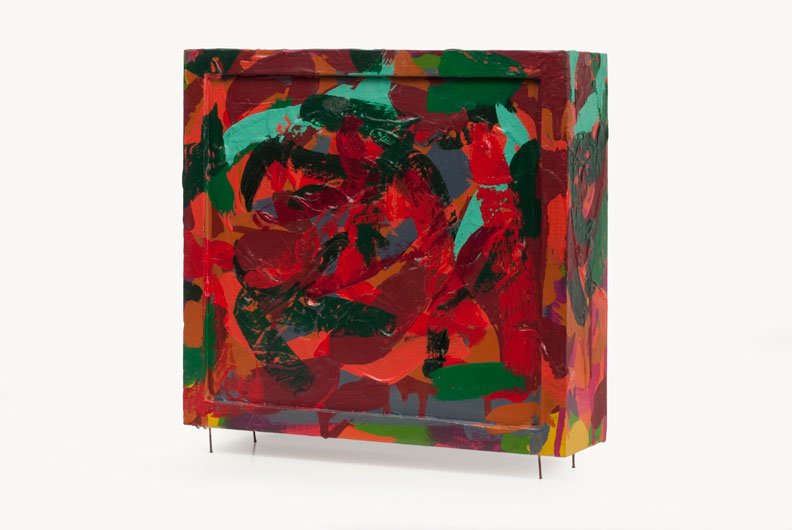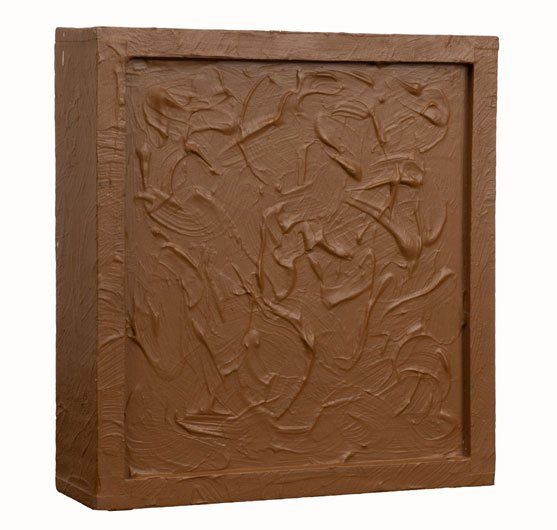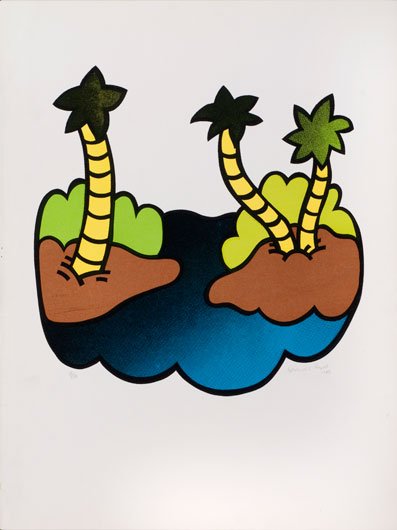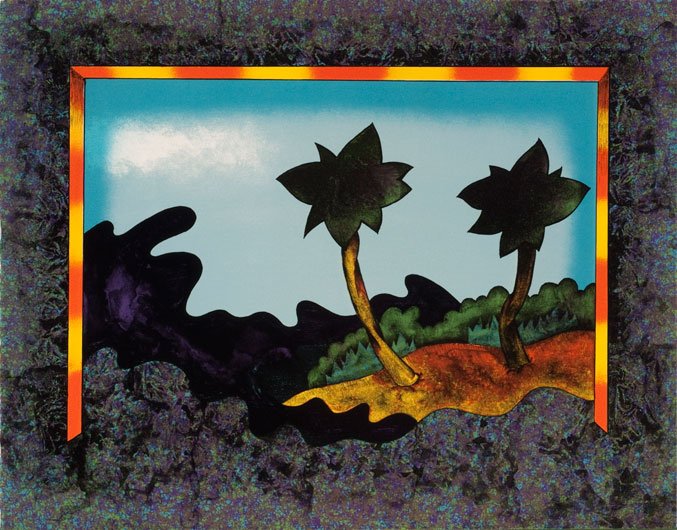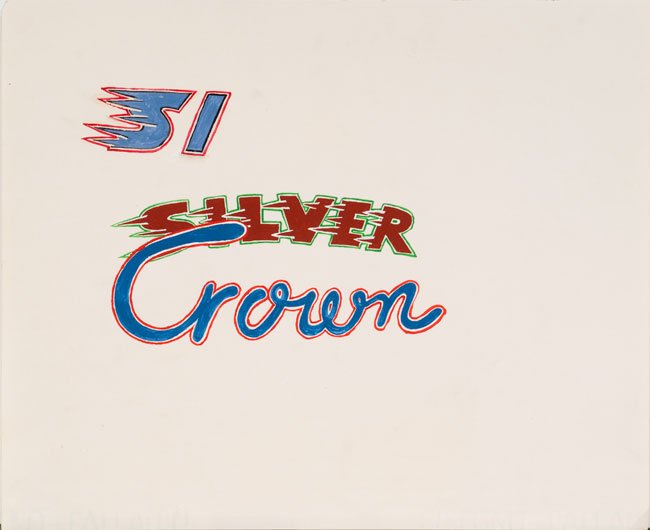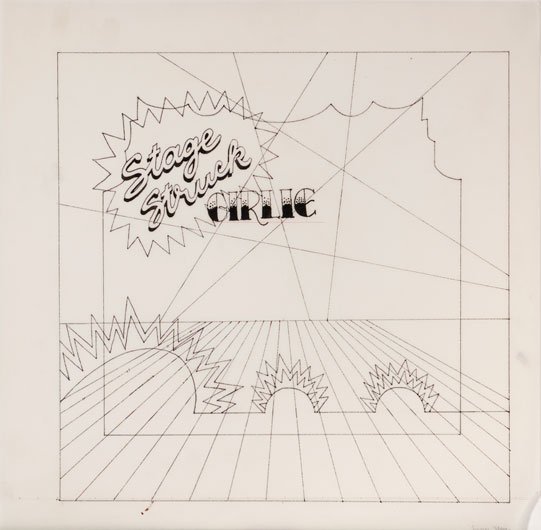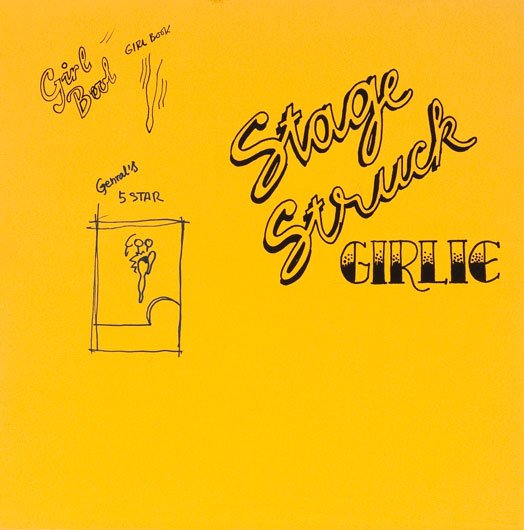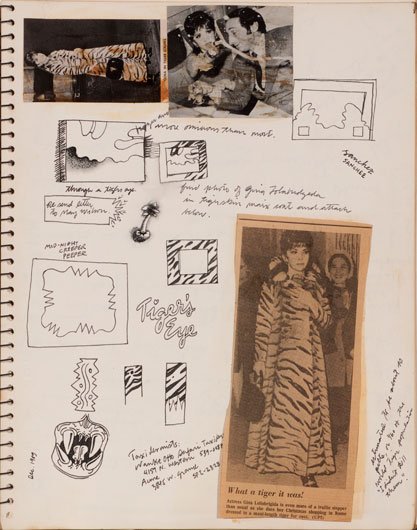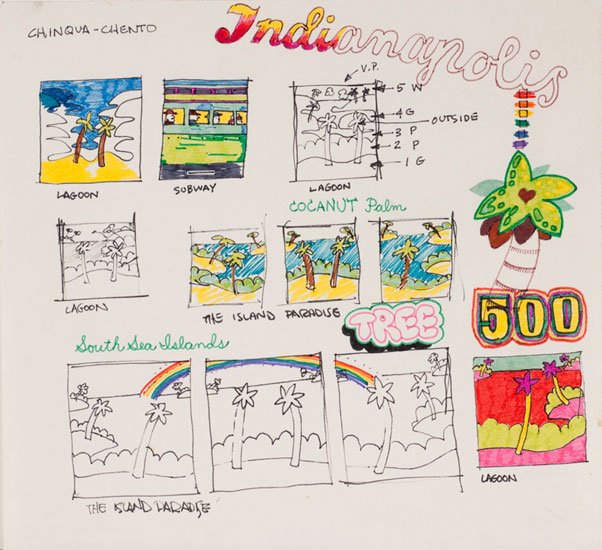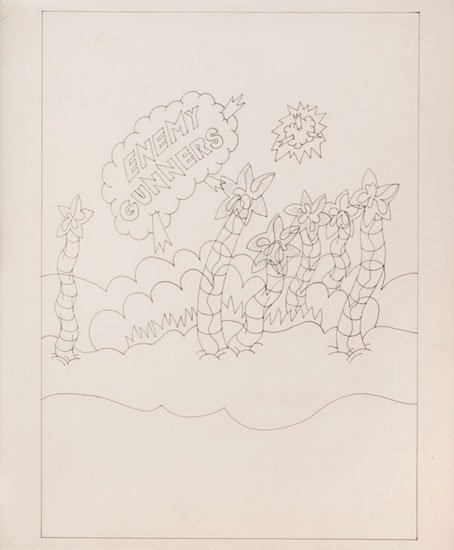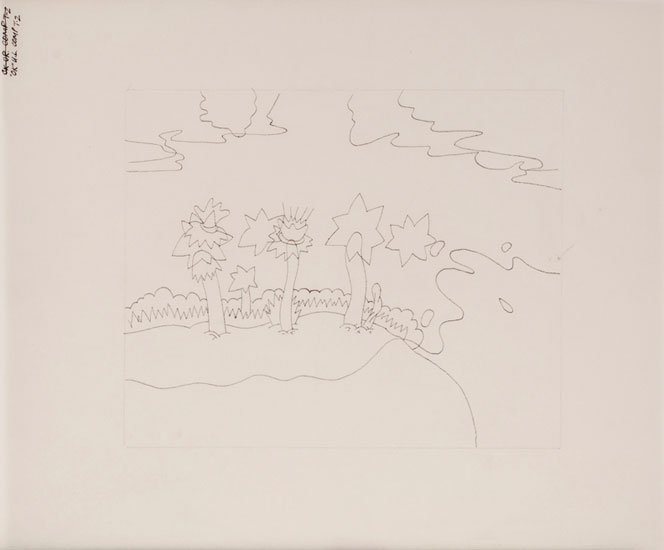Ed Flood Constructions
September 11 - October 10, 2009
Main Gallery
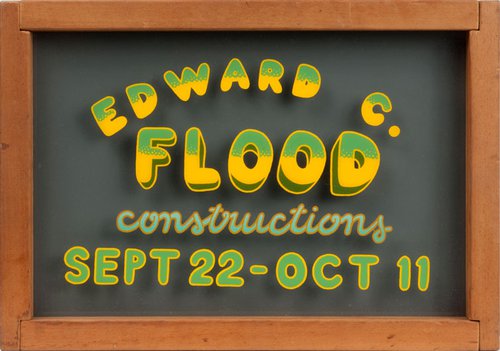
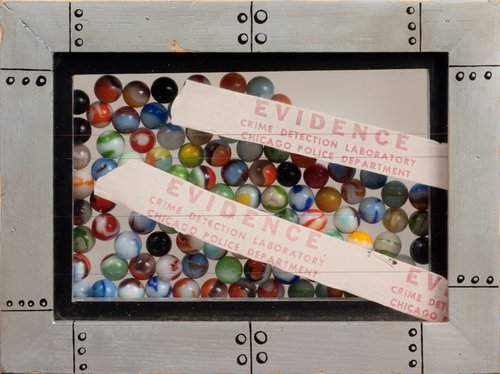
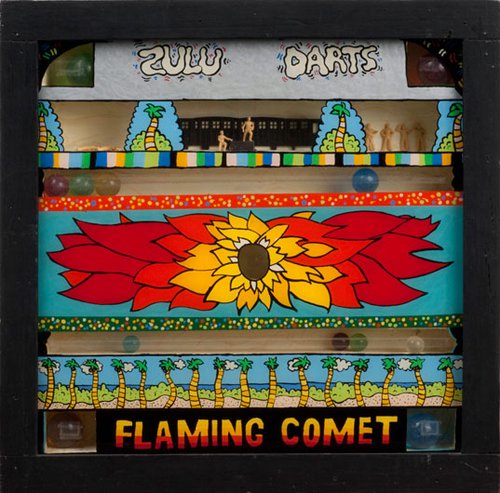
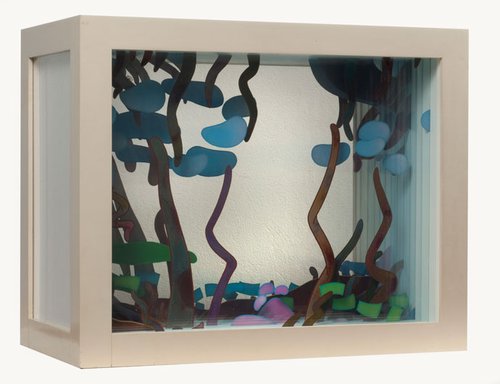
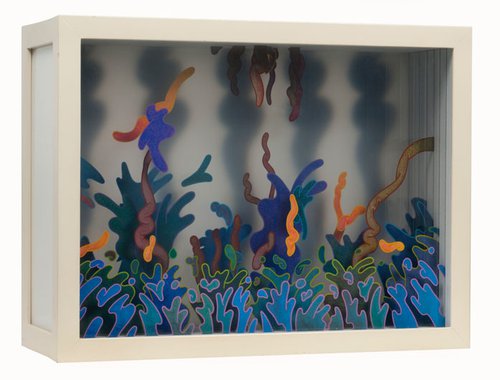
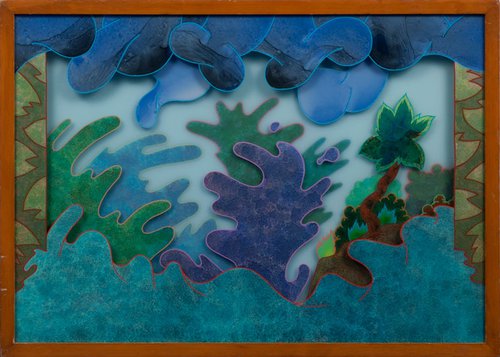
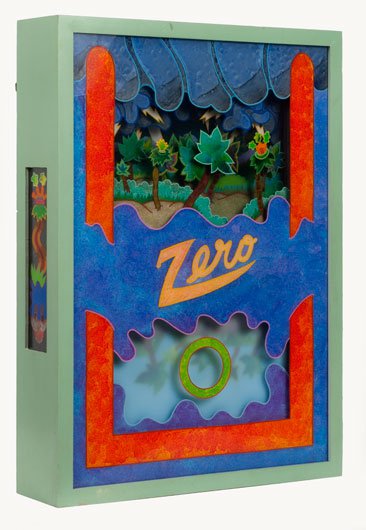
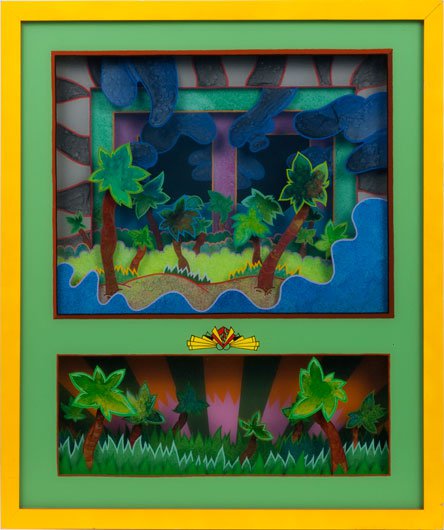
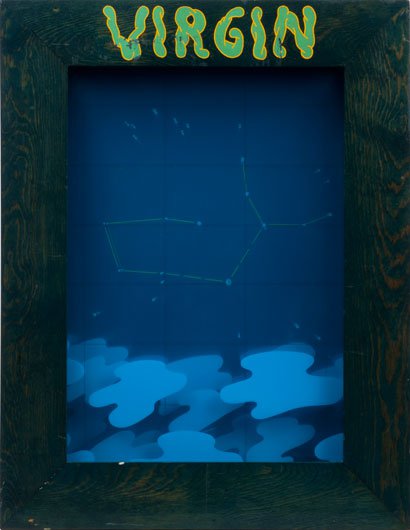
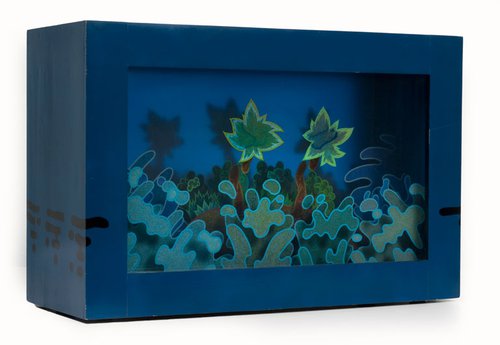
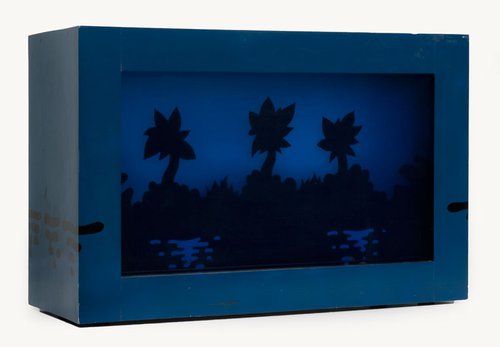
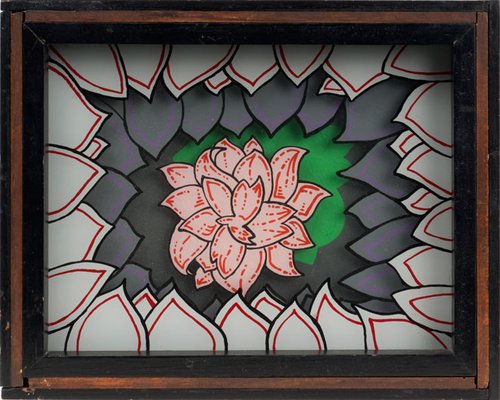
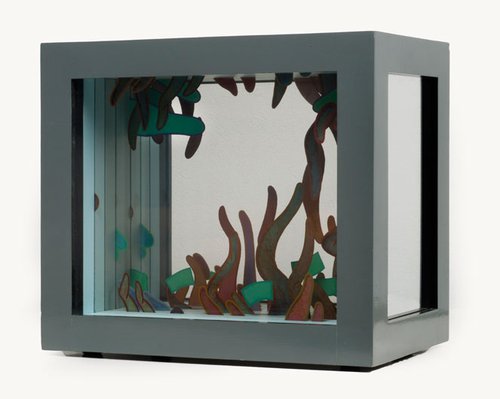
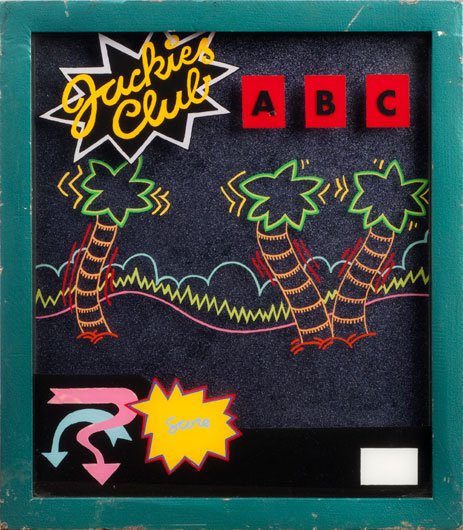
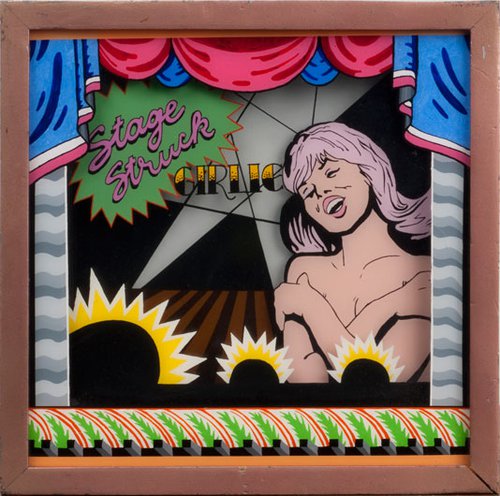
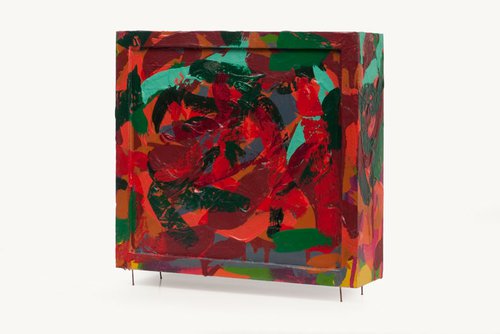
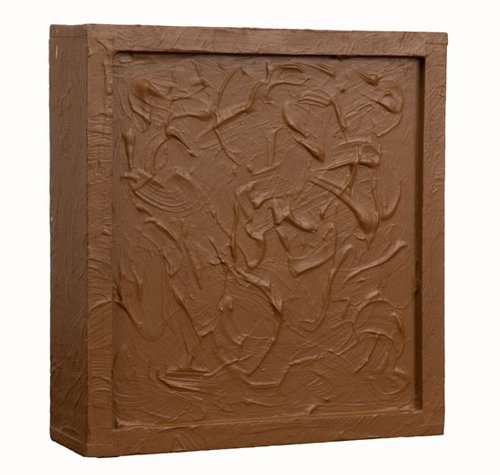
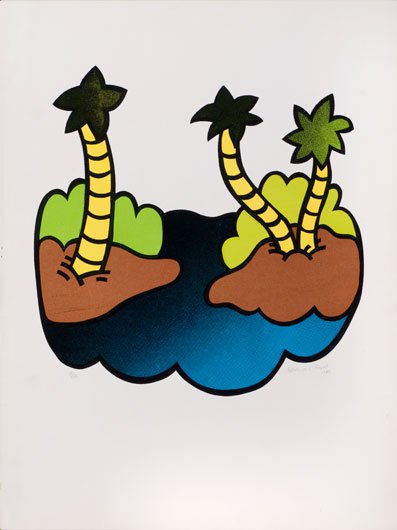
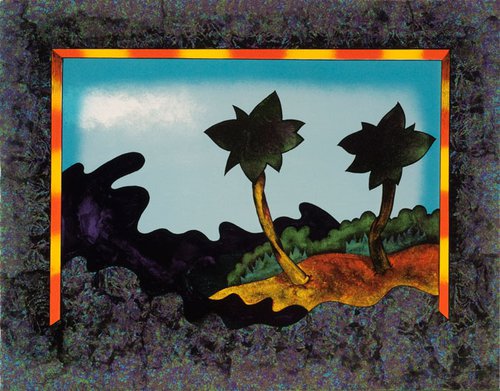
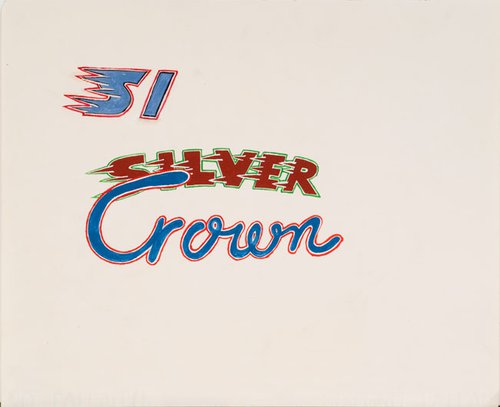
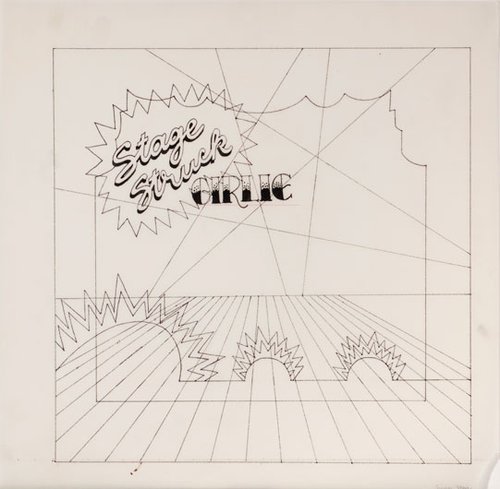
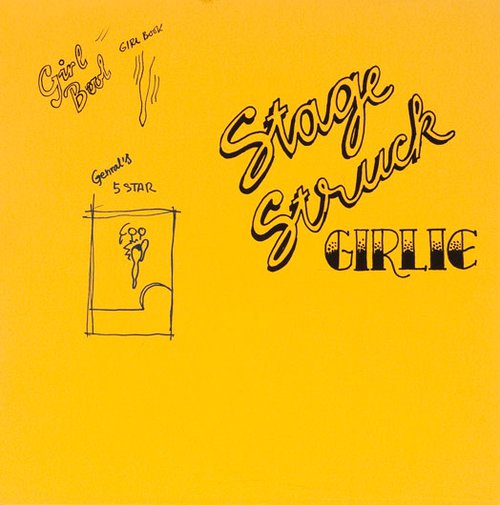
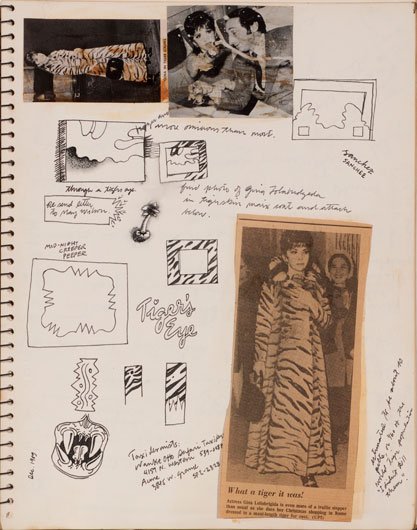
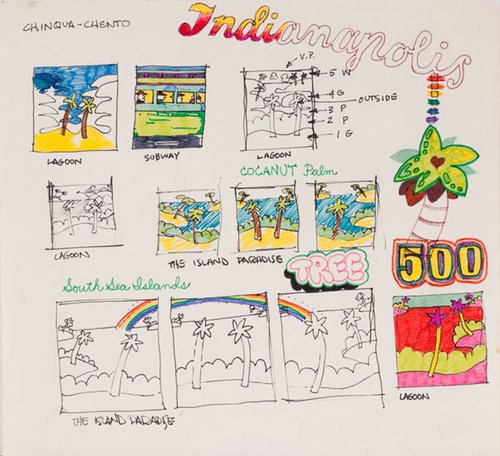
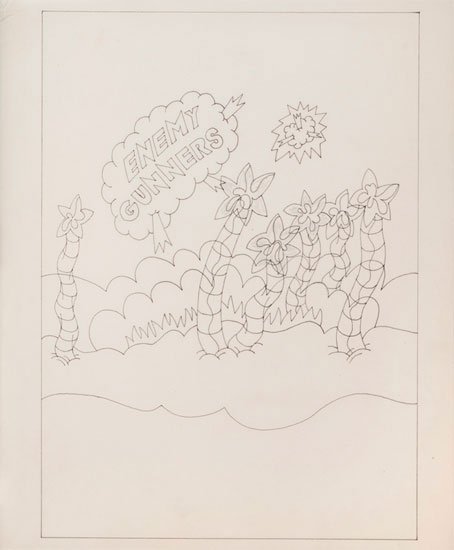
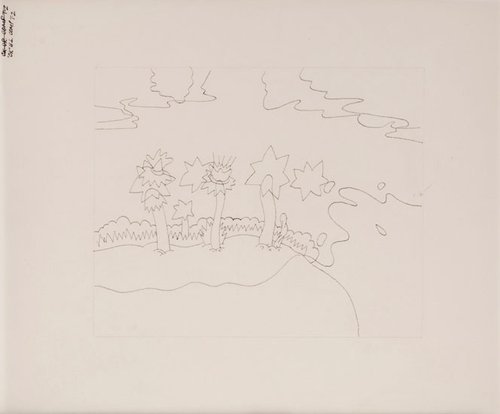
Press Release
This is the first solo show of Flood’s artwork since a 1987 retrospective at the Hyde Park Art Center held soon after his premature death in 1985. The exhibition at Corbett vs. Dempsey will concentrate on his classic Imagist works, including a selection of Flood’s trademark Plexiglas and wood box constructions from 1967 to 1973, as well as works on paper and ephemeral materials such as preparatory sketches and posters.
Flood was a member of the influential group of Chicago artists known as the Imagists who burst onto the art scene in the late 1960s with a series of madcap exhibitions at the Hyde Park Art Center organized by artist and curator Don Baum. Flood’s work was first shown in the Nonplussed Some show there in 1968.
Flood was always an exceptional craftsman. The layers of impeccably painted Plexiglas held by finely joined wood frames in these early works are a testament to his skills. Like many of the Chicago Imagists, Flood was inspired by pop cultural sources like comics and picture postcards. His method of reverse-painting on Plexiglas achieved a bright and highly polished look comparable to that of mass-produced graphics and pinball machines. Flood used layers of Plexiglas the way a printmaker would use color separations, exploding his seemingly flat images into complicated treasure boxes.
The subversive slickness of Flood’s medium in these early works is complemented by their subject matter. With calculated perfection they show dense tropical landscapes, perky palm trees, and fiery flowers. Soon the palm trees become nonsensical emblems of happiness gone awry; they vibrate mysteriously in empty fields, storm clouds gathering in the distance. By the early 1970s, Flood’s box constructions were almost entirely abstract, with layer upon layer of wiggling pastel shapes that could be clouds, trees, or sea anemones. In pieces like Zero Dead Hero and The Flaming Comet Zulu Dart Board , Flood touches on colonialism and war as contemporary examples of the inherent dangers of both real and metaphorical paradises.
Corbett vs. Dempsey’s exhibition will offer a rare look into Flood’s lengthy working process, including sketches he made in preparation for his box constructions and serigraph prints from the same time period. It will also help viewers contextualize Flood’s career in the exciting history of Chicago Imagism, with ephemeral materials from the early HPAC shows and artwork by Flood’s friends Red Grooms and H.C. Westermann. In the East Wing, Red Grooms’ 1968 film Tappy Toes will be on view, featuring camera work by Flood, a set by Grooms, and performances by Ed Paschke, Lori Gunn, and other luminaries of the Chicago art world.
A 148-page catalog accompanies the exhibition. It includes multiple views and details of all box constructions in the show, dozens of Flood’s prints and preparatory sketches, and an essay by the great curator and scholar Robert Storr.



